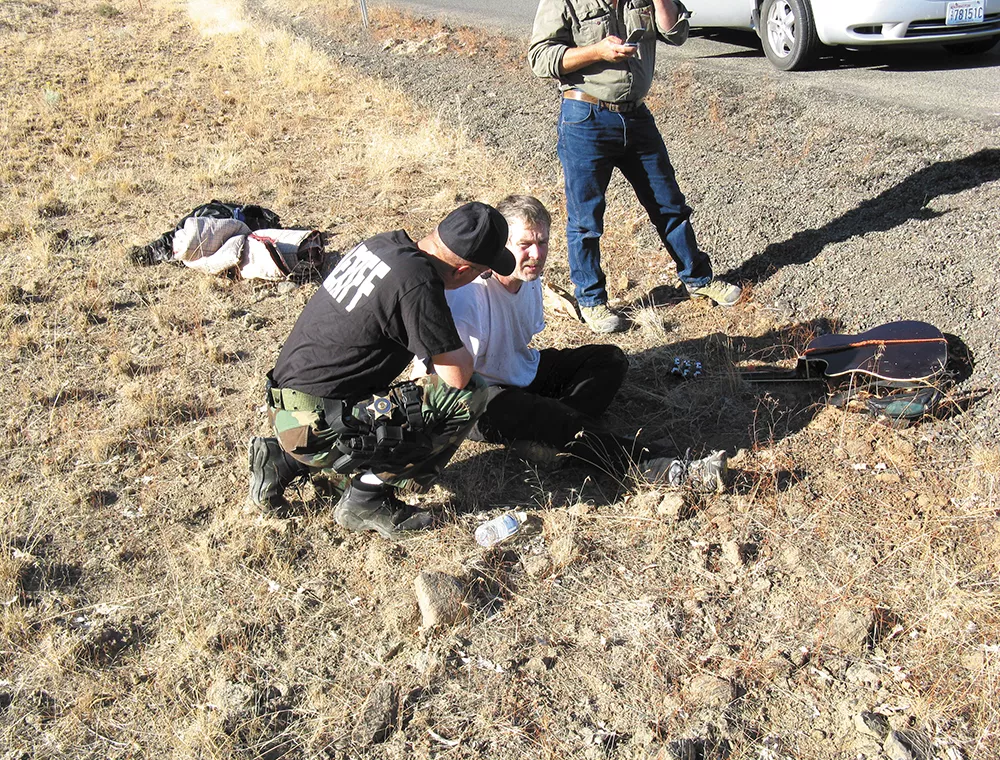Rep. Tami Green admits she wasn't "horribly disappointed" when House Bill 1458 died in committee last month. At least her legislation got a hearing this time.
The Democrat from Lakewood, Wash., first introduced the bill during last year's legislative session. The measure would repeal a law forbidding patients at state psychiatric institutions from leaving hospital grounds unless they have a court order. The original law was passed in 2010 after an Eastern State Hospital patient named Phillip Paul managed to slip past hospital staff during a supervised field trip to the county fair. He was on the lam for three days before authorities finally caught up with him.
In the aftermath of Paul's escape, lawmakers unanimously agreed not to risk public safety for patient field trips. But advocates, including Green, a psych nurse who once worked at Western State Hospital, worry about the "unintended consequences" of making it more difficult for patients to reintegrate back into society, as detailed in a recent Inlander investigation ("Patients and Prisoners," Feb. 13).
"These bills take multiple-year efforts," Green says. "When we have bad things happen, we sometimes overreact and it takes a while to undo them."
Green says she'll continue to work on the bill between sessions. She's looking for ways to allow the patients at Eastern and Western to testify live before the Judiciary Committee, as the law currently prohibits them from traveling to Olympia.
Had Green's bill moved to the House floor, would lawmakers, when faced with the consequences of their votes, change their minds about patient reintegration trips? Here's how our local lawmakers who remember Paul's escape would have voted.
• Rep. Matt Shea, R-Spokane Valley, who introduced the 2010 legislation restricting patient outings, called Green's bill "a slap in the face" to victims and their families.
"[A]nd to the people of Eastern Washington," he added in a written statement to the Inlander, "who, for three days in 2009, were stricken with fear, knowing that a criminally-insane patient had escaped during one of these outings, and could have been lurking in their neighborhoods, near school grounds, or skulking in the dark around a remote farm home. Public safety must come first and not be overcome by the desires of the criminally insane."
• Rep. Kevin Parker, R-Spokane, who co-sponsored Shea's bill, says he would not support a broad repeal of the 2010 law, but he'd be willing to "look at ways to explore how we balance the safety of the community and the severity of the crime."
"One of the largest mistakes I think the legislature makes year after year is passing bills that are too wide and broad in scope," Parker says. "The legislature would be more wise to proceed with caution."
• Rep. Timm Ormsby, D-Spokane, who supported Shea's bill in 2010, says the law "needs to be revisited."
"The legislature and the general public has evolved in the last few years in our impressions of folks with mental health status, and realizing regardless of where they are — in state hospitals or correctional facilities — 95 percent of them are going to be returned to the public," Ormsby says. "We have to look at the pre-2010 legislation and the rules the hospitals were working on and what exists today, and use that as a starting point for making new rules and laws to make sure people have enough contact with the outside world in the meaningful way, so they're prepared to reintegrate into society." ♦























